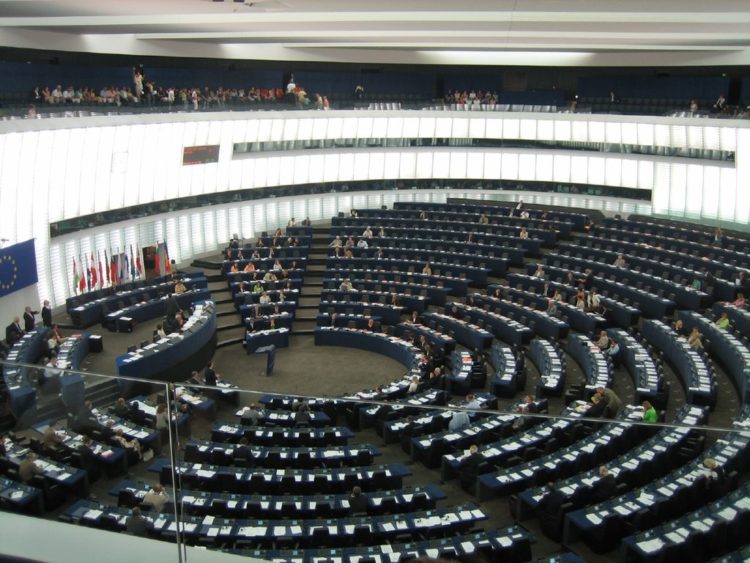Brussels, Belgium — The battle for the next European Union (EU) multi-annual budget is underway.
How the Europeans decide to spend their money will tell quite a lot about their priorities. Currently, education, defence, security, and digital technology appear to be favoured, and agriculture (France’s sweetheart) shunned. But the tedious bureaucratic process of deciding and approving the budget is ongoing, and nothing has been finalized.
Unlike the USA, where the budget is planned and approved annually, the EU has a seven-year overall budget. And each year a mini-budget gets a portion of the funds, which are then allocated to different policy fields depending on the present situation. It sounds complicated because, like much else with the EU, it is.
The forthcoming budget (2020-2027) will worth around €1 trillion. From the proposals already on the table, we can glimpse how Europe sees its defence and geopolitical future.
On the eve of 2017, twenty-five European nations signed the Permanent Structured Cooperation (PESCO), with only Malta, Denmark, and the UK abstaining. PESCO aims at closer EU defence cooperation by developing and investing in the joint capabilities, operational readiness, and military infrastructure of its participants.
Every PESCO participant can develop and propose a project. Then, the rest of the members will decide if they wish to join either as a participant or an observer. For instance, Germany has proposed a European Medical Command project. Spain, Italy, Romania, Slovakia, Sweden, and the Netherlands have agreed to participate. And France, Bulgaria, Hungary, Lithuania, and the Czech Republic will be observing.
But PESCO is just part of the new EU defence vision. The European Defence Fund (EDF) and the Coordinated Annual Review on Defence (CARD) are its siblings. The EDF will try to improve and make the European military industry more competitive and efficient, and CARD will monitor national military budgets and programs and try to synchronise them.
Will this fresh EU military vision contradict NATO? Not really. Nations will hold onto their sovereignty and their NATO and/or UN obligations won’t conflict.
NATO Secretary-General Jens Stoltenberg has already said that “forces and capabilities developed under EU initiatives also have to be available for NATO because we only have one set of forces.”
From the wording used to support these initiatives, we can get a good idea of how Europe aims to navigate the world’s dangerous security waters.
For example, the official EU communique highlighted that the new initiatives “will help reinforce the EU’s strategic autonomy to act alone when necessary and with partners whenever possible.”
Already have an account? Sign In
Two ways to continue to read this article.
Subscribe
$1.99
every 4 weeks
- Unlimited access to all articles
- Support independent journalism
- Ad-free reading experience
Subscribe Now
Recurring Monthly. Cancel Anytime.
And it echoed French President Emmanuel Macron who recently said that “Europe needs to establish a common intervention force, a common defence budget and a common doctrine for action.”
Both the communique’s and Macron’s words imply concerns about the US’ role on the geopolitical stage. Already the world’s second-largest economy, the EU appears to seek a new role in the geopolitical chessboard.
A European Commission document, moreover, further supports this view as it directly compared EU and US overseas troop deployment capabilities. It highlighted that because of “lack of interoperability and shortages in equipment” only 40,000 EU troops (less than 3%) are deployed, whereas the USA has 200,000 servicemen abroad.
But the EU has a long way to go before it can even compare itself with the US on military matters. Before a proper political and military union is achieved, nothing of consequence can happen.










COMMENTS